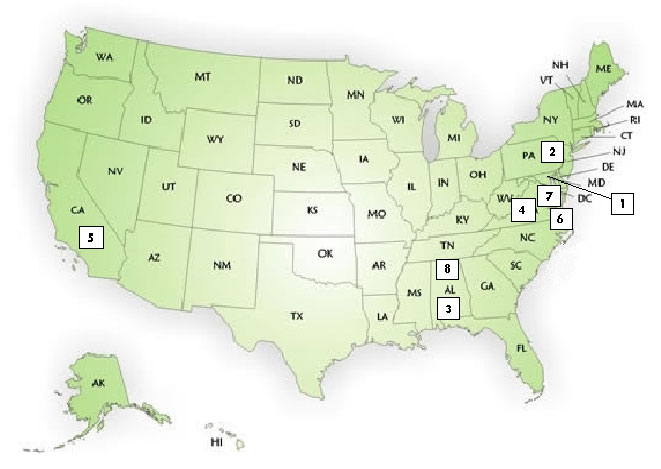YOU HAVE NO RIGHT: LAW AND JUSTICE - ROAD TO LOVING V. VIRGINIA

Road to Loving v. Virginia
Most seventeenth-century slave codes contained provisions against interracial marriage. Supreme Court Justice Taney explained the need for anti-miscegenation laws in the 1856 case Dred Scott v. Sandford.
[A] perpetual and impassable barrier was intended to be erected between the white race and the one which they had reduced to slavery, and governed as subjects with absolute and despotic power, and which they then looked upon as so far below them in the scale of created beings, that intermarriages between white persons and negroes or mulattoes were regarded as unnatural and immoral.
In the twentieth century, more blacks and whites began to challenge bans on interracial marriage. They claimed that by discriminating against a class of people on the basis of race, anti-miscegenation laws violated the equal protection clause of the Fourteenth Amendment. In 1967, the Supreme Court held in Loving v. Virginia that bans on interracial marriage were unconstitutional. Anti-miscegenation laws became unenforceable in the sixteen states which had not yet lifted bans on interracial marriage, although some states did not officially repeal these laws until decades later.
Trace the journey to Loving v. Virginia and beyond by clicking the numbers on the map below.

Map source: http://mapofusa.net
Maryland enacts the first anti-miscegenation law in 1661.
In 1780, Pennsylvania becomes the first state to lift its ban on interracial marriage.
The Supreme Court upholds anti-miscegenation laws with its decision in Pace v. Alabama in 1883. Justice Field asserts that the laws do not violate the equal protection clause of the Fourteenth Amendment because "the punishment of each offending person, whether white or black, is the same." (http://bulk.resource.org/courts.gov/c/US/106/106.US.583.html)
In 1924, the Virginia General Assembly passes the Racial Integrity Act, which states, "It shall hereafter be unlawful for any white person in this State to marry any save a white person, or a person with no other admixture of blood than white and American Indian."
In 1948, the California Supreme Court becomes the first state high court to overturn laws banning interracial marriage. Justice Traynor writes the decision in Perez v. Sharp.
Marriage is something more than a civil contract subject to regulation by the state; it is a fundamental right of free men. There can be no prohibition of marriage except for an important social objective and by reasonable means. . . . Legislation infringing such rights must be based upon more than prejudice and must be free from discrimination to comply with the constitutional requirements of due process and equal protection of the laws. (http://scholar.google.com/scholar_case?case=16628726707857061522&hl=en&as_sdt=2&as_vis=1&oi=scholarr
The Supreme Court of Virginia again upholds Virginia's anti-miscegenation laws in Naim v. Naim (1955). Justice Buchanan writes the opinion.
We are unable to read in the Fourteenth Amendment to the Constitution, or in any other provision of that great document, any words or any intendment which prohibit the State from enacting legislation to preserve the racial integrity of its citizens, or which denies the power of the State to regulate the marriage relation so that it shall not have a mongrel breed of citizens. (http://scholar.google.com/scholar_case?case=9400887882898252923&hl=en&as_sdt=2&as_vis=1&oi=scholarr)
The Supreme Court holds bans on interracial marriage to be unconstitutional with its decision in Loving v. Virginia in 1967. Justice Warren writes the majority opinion.
The freedom to marry has long been recognized as one of the vital personal rights essential to the orderly pursuit of happiness by free men. . . . To deny this fundamental freedom . . . is surely to deprive all the State's citizens of liberty without due process of law.
At the time, sixteen states still have anti-miscegenation laws on the books.
In 2000, Alabama becomes the last state to repeal its anti-miscegenation laws. There are ten states—Alaska, Connecticut, Hawaii, Minnesota, New Hampshire, New Jersey, New York, Rhode Island, Vermont, and Wisconsin—that never had bans on interracial marriage.


